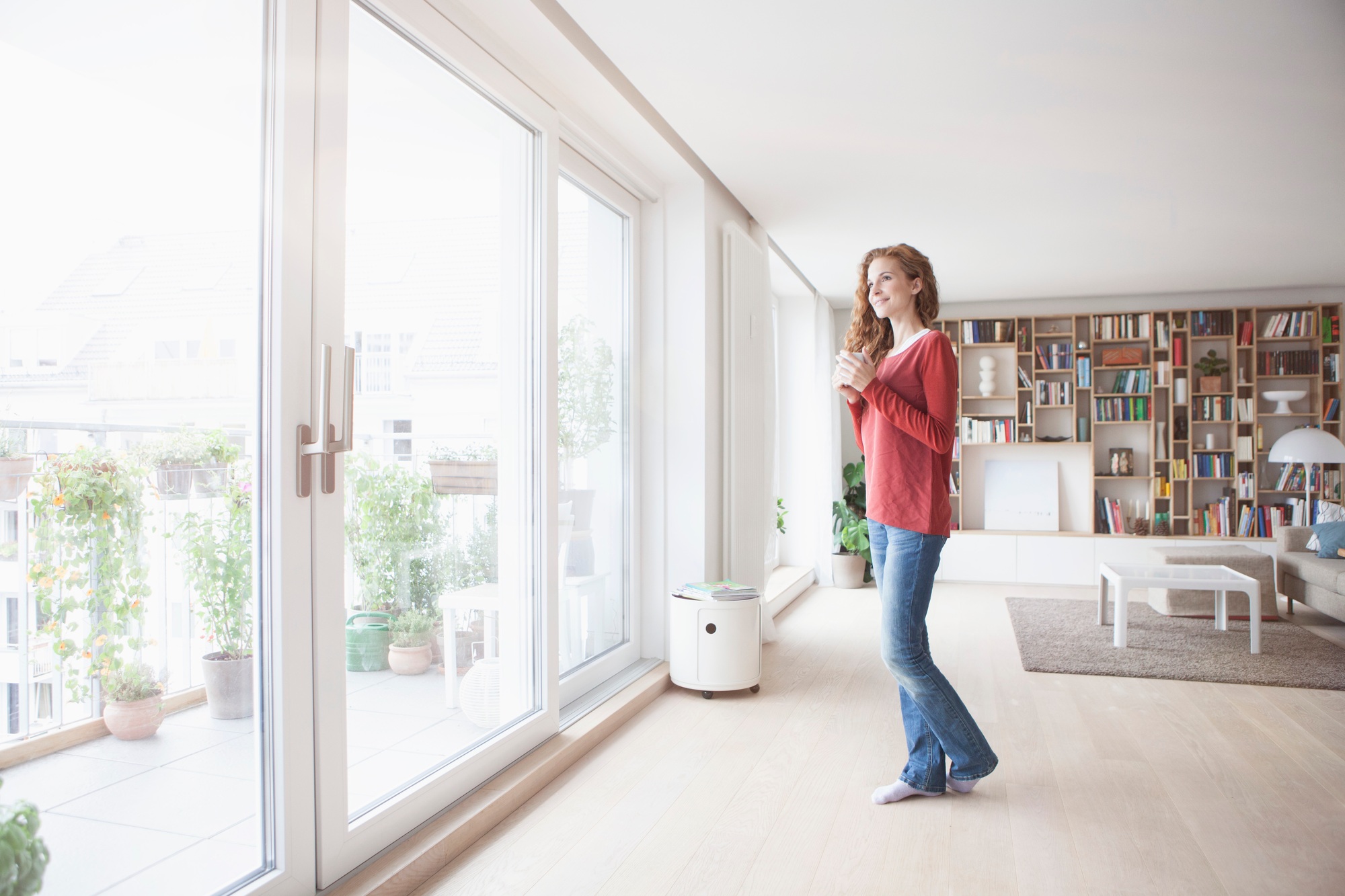As environmental concerns continue to rise, more homeowners are looking towards renewable energy as a viable option to power their homes. Investing in renewable energy not only reduces your carbon footprint but can also offer significant energy savings and increase the value of your property. This blog explores various renewable energy options available for residential use and the benefits they bring.
Renewable Energy Options for Homes
1. Solar Panels
Solar power is one of the most popular forms of renewable energy for residential properties. Photovoltaic (PV) panels can be installed on your roof to capture sunlight and convert it into electricity. Modern solar panels are more efficient and less obtrusive than ever, making them an excellent investment for home energy needs.
2. Wind Turbines
Residential wind turbines are an option for homes located in areas with consistent wind speeds. While less common than solar panels, small wind turbines can be installed on property grounds and can generate substantial amounts of electricity to power your home.
3. Geothermal Energy
Geothermal systems use the earth’s stable underground temperature to regulate heating and cooling in your home. By installing a geothermal heat pump, you can significantly reduce energy consumption for heating and cooling, which are some of the largest energy expenses in households.
4. Hydro Power
If your property is near a flowing water source, small-scale hydroelectric systems can be a feasible option. These systems generate power by channeling the flow of water through a turbine.
Benefits of Investing in Renewable Energy
1. Reduced Energy Bills
Renewable energy systems often result in lower monthly energy bills. Solar panels, for example, can generate enough power to meet all or most of a household’s electricity needs, depending on the local climate and the system’s capacity.
2. Increased Property Value
Homes equipped with renewable energy systems often have higher market values. Buyers are increasingly looking for homes that offer energy efficiency and lower operating costs.
3. Environmental Impact
Using renewable energy in your home significantly reduces your carbon footprint. It helps decrease air pollution and greenhouse gas emissions, contributing to a cleaner, healthier environment.
4. Energy Independence
By generating your own energy, you reduce your dependence on traditional power grids and fossil fuels, mitigating the impact of energy price fluctuations and supply disruptions.
5. Tax Incentives and Rebates
Many governments and local authorities offer tax incentives, rebates, or other subsidies for homeowners who install renewable energy systems, making the initial investment more affordable.
Investing in renewable energy for your home is not only a step towards a more sustainable lifestyle but also a financially savvy one. Whether you choose solar, wind, geothermal, or hydro systems, the benefits extend beyond mere cost savings to include increased property values, reduced environmental impact, and a significant step towards energy independence. As we move forward, renewable energy technologies continue to advance, making now an excellent time to consider how these systems can be integrated into your home.








